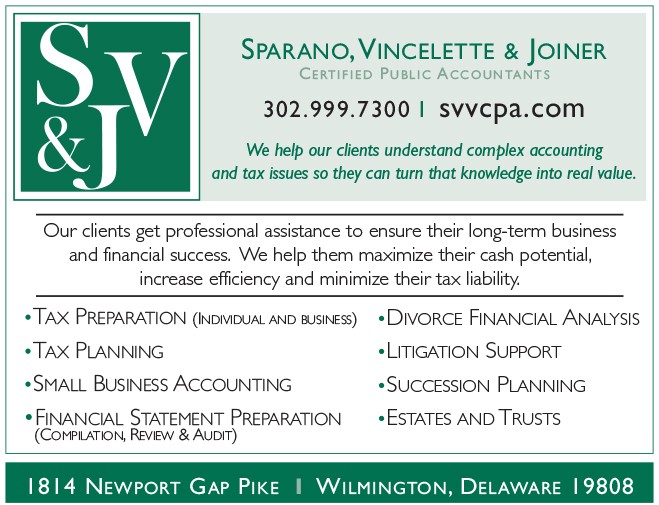Choosing A Business Entity

By Evelyn M. Joiner, CPA, CDFA™
So you’ve decided to start your own business. One of the first things you need to consider is the type of entity. This is something you should discuss with your accountant and your attorney, and in doing so, consider the following: liability, ease of formation and operation, taxation, compensation, and distributions.
There are several choices of business entities and each has their own pros and cons.
Sole Proprietorship
A sole proprietorship is the most basic business form. It is easy and inexpensive to form, and the owner has complete control over the business. A sole proprietorship has one owner, the business is unincorporated, and there is no legal distinction between the business and the owner. All income and loss from the business flows directly to the owner and is reported on a Schedule C included with the owner’s personal income tax return, so a sole proprietorship does not file a separate tax return.
However, the owner is personally liable for all obligations of the business, including actions by the business’ employees. It is also difficult to raise capital as a sole proprietorship because it has no stock to sell.
Partnership
A partnership requires more than one owner and is a legal entity separate from its owners. There are several types of partnerships including general, limited, and limited liability partnerships. In a partnership, two or more individuals and/or entities agree to combine their efforts to advance their mutual interests. A partnership agreement defines the rules for the entity and can be crafted to meet the unique needs of the partners. Financially, there is greater flexibility in partnership distributions and allocation of income when compared to some other entity choices.
A partnership must have at least one general partner, who has unlimited liability similar to a sole proprietorship. However, the partnership agreement can limit the liability of some or all of the other partners (limited partners).
A partnership is not subject to tax. Instead, a partnership files federal and state information returns, and the income or loss of the partnership passes through to its partners in accordance with the partnership agreement.
Corporation
A corporation is a legal entity separate and apart from its shareholders. A corporation provides limited liability as shareholders are not personally liable for the actions of the corporation (assuming no illegal acts by the shareholders). A corporation files their own tax returns and pays taxes on its profits. The distribution of these profits to the shareholders is considered a dividend and taxed to the shareholders. Accordingly, income can be taxed twice, once at the corporate level when earned, and once at the shareholder level when distributed.
Corporations are not as flexible as a partnership and distributions of income must be in proportion to the shareholder’s ownership interest.
S Corporation
An S corporation is a corporation that has elected a special tax status with the IRS. This election helps avoid the double taxation issues associated with a C corporation. The shareholder(s) elect to pay personal income taxes on corporate profits in lieu of paying corporate income taxes. Accordingly, distributions of S corporation profits are not subject to personal income taxes. Also, S corporation profits are not subject to self-employment taxes.
S corporations do require special filings and have more operational requirements, such as only permitting one class of stock.
Limited Liability Company
A limited liability company (LLC) is a hybrid entity combining some of the aspects of corporations and partnerships, and can have one or more owners (members). It provides limited liability to the member(s), with the flexibility of a partnership. An LLC can elect to be taxed as either a sole proprietorship, partnership, or a corporation.
There aren’t restrictions on profit allocation with an LLC as there are with S corporations. But, states differ in the way they treat LLCs.
Above are just some of the options when choosing your business structure. Selecting the right entity type is an important decision, and there isn’t always an obvious answer. If you are planning to start a business, discuss entity selection with the proper professionals first.
Evelyn M. Joiner, CPA, CDFA™ is a partner at the firm of Sparano, Vincelette & Joiner, CPAs in Wilmington. She started her accounting career in 1999, obtained her Master’s degree in Taxation, and is the only CDFA™ in Delaware who is also a CPA. You can find her on LinkedIn at www.linkedin.com/in/evelynjoiner.
Headshot by Shannon Adelson of Adelson Media, Inc.





